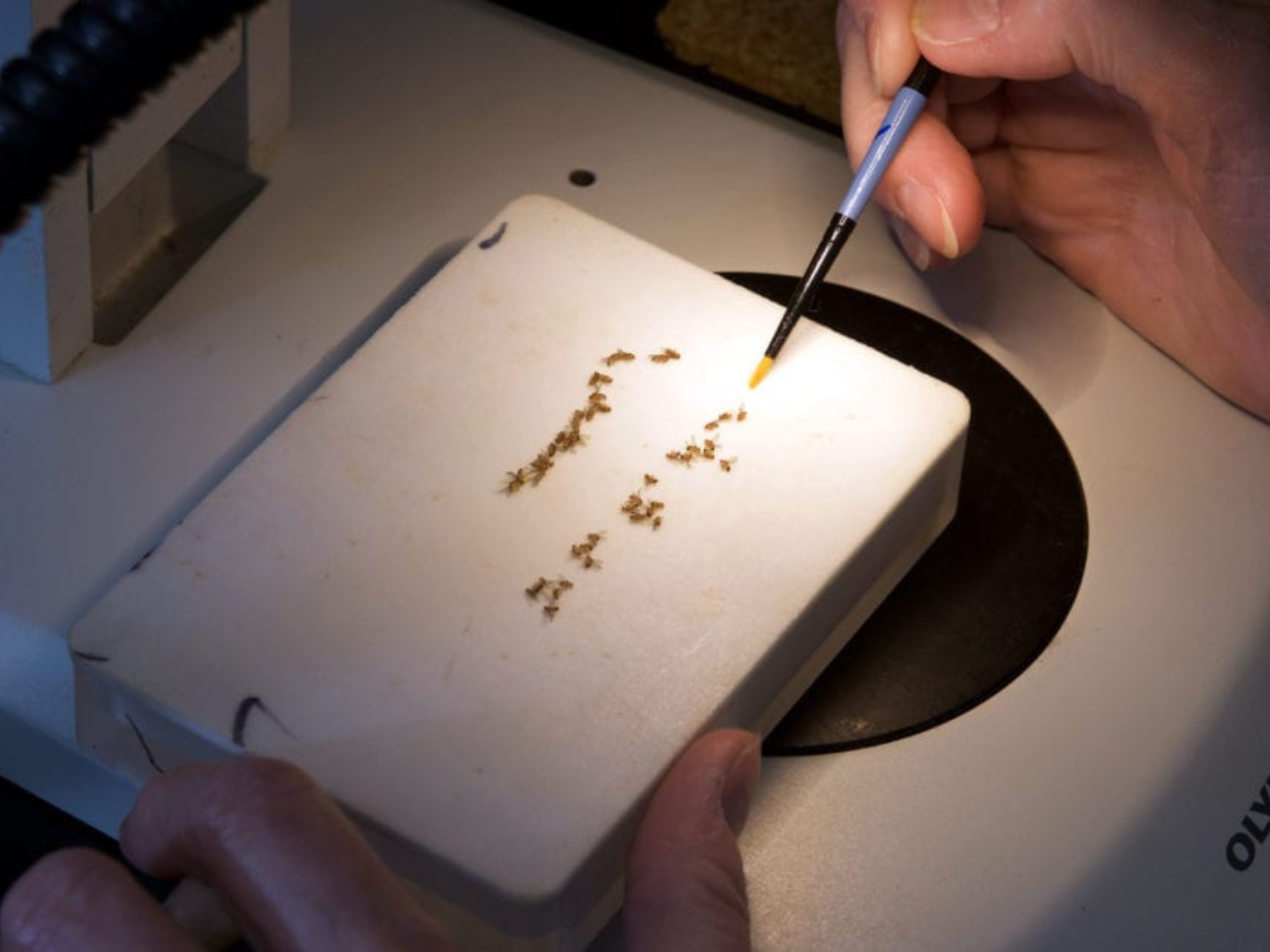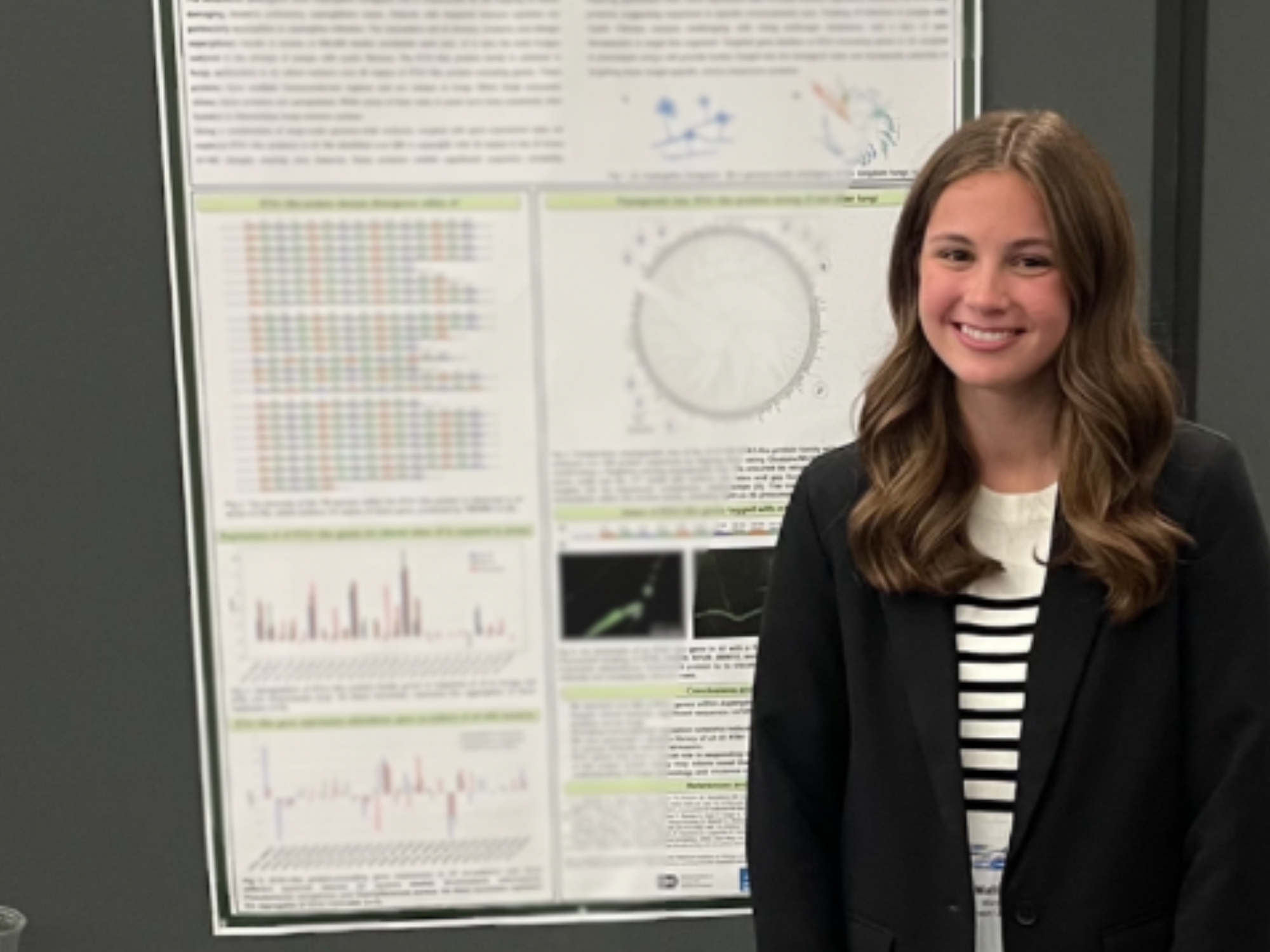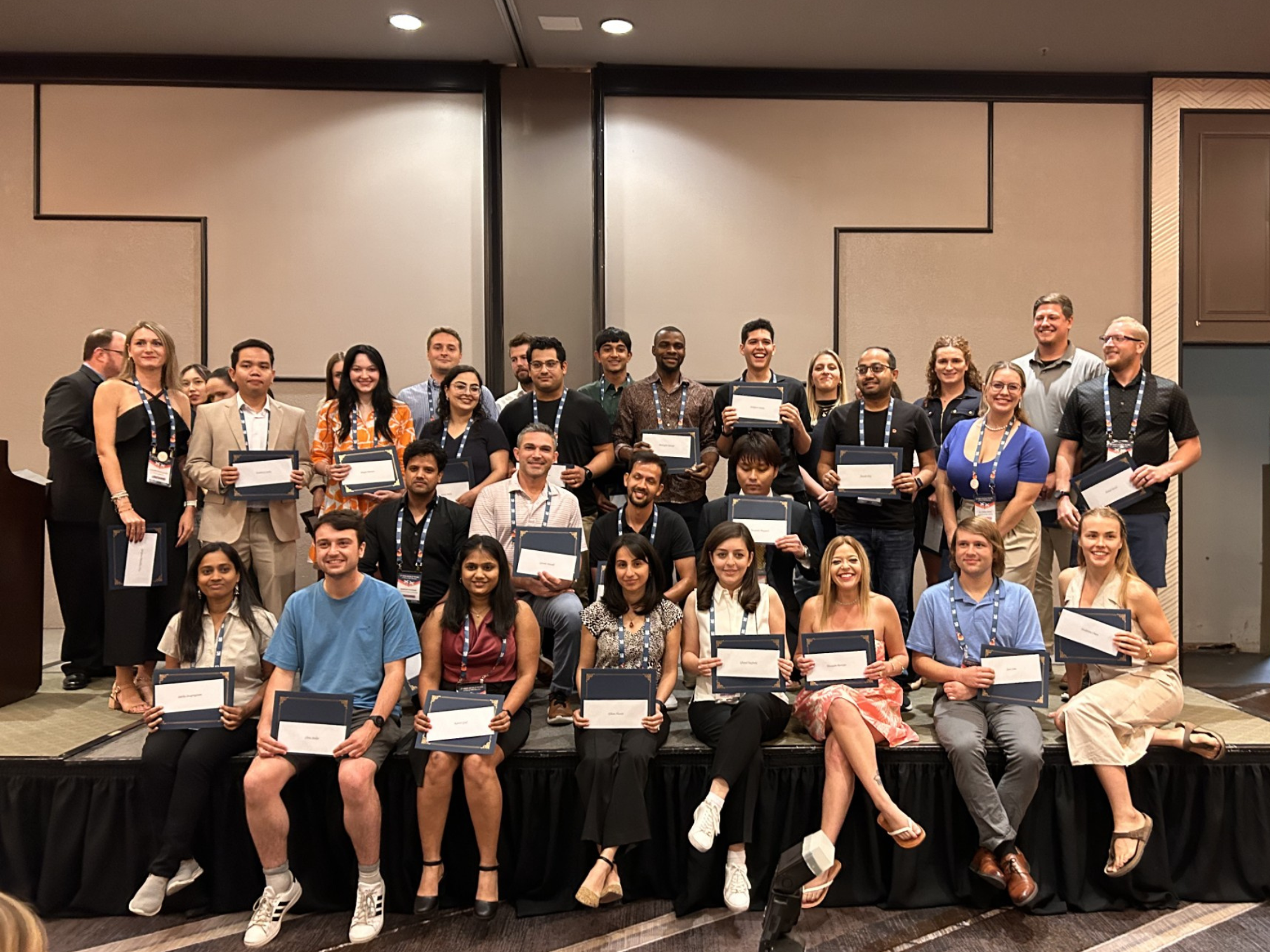
Researchers at the Center for Human Genetics (CHG) in Greenwood, SC are using Drosophila melanogaster — the common fruit fly – to identify potential therapeutics for Sanfilippo syndrome.
Sanfilippo syndrome is a rare and fatal genetic metabolic disorder that is often referred to as childhood Alzheimer’s. Children with Sanfilippo syndrome lack a single enzyme necessary to break down and recycle heparan sulfate, a large, complex molecule that is important for cell-cell interactions resulting in too much partially degraded heparan sulfate accumulates inside cells in a compartment known as the lysosome and causing progressive damage, especially in the brain. There is no treatment or cure, with most suffering from the syndrome dying in their teens or early 20s.
Fruit flies share 75% of disease-causing genes with humans and is a well-established genetic model for studying the underlying genetic causes of rare human diseases.
“Drosophila also has heparin sulfate and all of the enzymes in the same pathway that degrades it,” Mackay said.
Researchers are tracking activity, sleep and how gene expression in the brain changes in the flies and are identifying human counterparts of the genes that were differentially expressed in flies with the mutations.

“We see changes in expression in components of the synapse and neurodevelopmental genes,” Mackay said.
Dr. Robert Anholt, Provost Distinguished Professor of Genetics and Biochemistry and Director of Faculty Excellence for Clemson’s College of Science said researchers don’t have to target the defective gene itself but can look for therapies that will act indirectly on the affected gene.
“There are multiple enzymes in the heparan sulfate degradation pathway and there is the potential that a modifier that acts on one component of the pathway could have beneficial effects across the entire pathway,” says Anholt.
This research is made possible by the two-year renewal grant from the Cure Sanfilippo Foundation, founded by South Carolina parents Glenn and Cara O’Neill after their daughter Eliza was diagnosed with the disorder. With this grant, CHG scientists will screen several drugs that are approved by the Federal Drug Administration for pediatric use to determine if they restore sleep patterns to normal in the mutant flies. The drugs will be selected based on known gene-drug interactions.




































